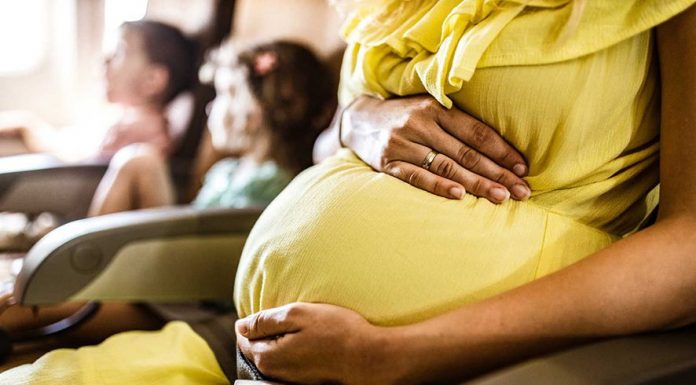Why do pregnant women drink despite knowing the negative consequences on their unborn children?
This is a million-dollar question that Stellenbosch University academic Dr Marlene de Vries set out to answer for her doctoral studies in social work.
De Vries, who graduated this year with a PhD in Social Work, had been conducting research on foetal alcohol spectrum disorders (FASD) in the rural areas of Western Cape since 2008.
The FASD is a group of conditions characterised by physical, mental and behavioural abnormalities in children because they were exposed to alcohol in the womb.
According to a study conducted by the National Institutes of Health, a US government agency that conducts research on public health, South Africa has the highest prevalence of FASD in the world.
In her study, De Vries interviewed women residing in the Langeberg municipality in the Cape Windelands, who had previously offered FASD prevention support during pregnancy.
“She wanted to gain an in-depth understanding of the lives, circumstances and realities of these women, the factors that influenced their alcohol use during pregnancy, and what prevention strategies are needed to support a sober lifestyle during pregnancy,” the university said in a statement.
“It is important to keep in mind that they do not drink to deliberately harm their babies. When you listen to these women’s stories, you hear their hardships, the difficulties they have endured and the role of drinking as an escape mechanism, but also the main social activity in their lives,” De Vries said.
Explaining the demographics of the women who participated in her study, De Vries said none of them were exposed to schooling and they were financially dependent on others.
“Some have carried their childhood trauma and loss into adulthood and suffer from depression without receiving any counselling or treatment.
“They live in communities where weekend binge-drinking is considered a normal and acceptable way of socialising. Often their extended families, partners and friends are heavy drinkers,” she said.
“Many women were abandoned by their partners, had partners who abused drugs and alcohol, assaulted them physically, and failed to support them financially and emotionally.
“This experience had a huge influence on the women’s drinking behaviour during pregnancy. Better support is needed for women who may have a higher risk of drinking during pregnancy.”
Her study recommends accessible mental health services and trauma counselling for pregnant women who need it.
She said support from social services, health professionals, law-enforcement agencies and community groups is important for women in these communities.
“Although FASD prevention and support services are available, they are fragmented by a lack of coordination, collaboration, and policy regarding FASD, and therefore failing those most in need of these services.
“We should not underestimate the role of mothers and grandmothers of pregnant women who are likely to drink alcohol. These women either lean heavily on their mothers for financial support or to care for their children.”
The role of fathers in the prevention of FASD is still underplayed and neglected, De Vries notes in her study, adding that there is a need for FASD prevention programmes focusing on men.
She recommends that such programmes should emphasize the importance of emotional and financial support, the role of partners in the drinking behaviour of women during pregnancy, and the devastating effects of domestic violence on the wellbeing of women and children.
She also emphasizes the key role of social workers in the prevention of FASD.
Follow @SundayWorldZA on Twitter and @sundayworldza on Instagram, or like our Facebook Page, Sunday World, by clicking here for the latest breaking news in South Africa.



